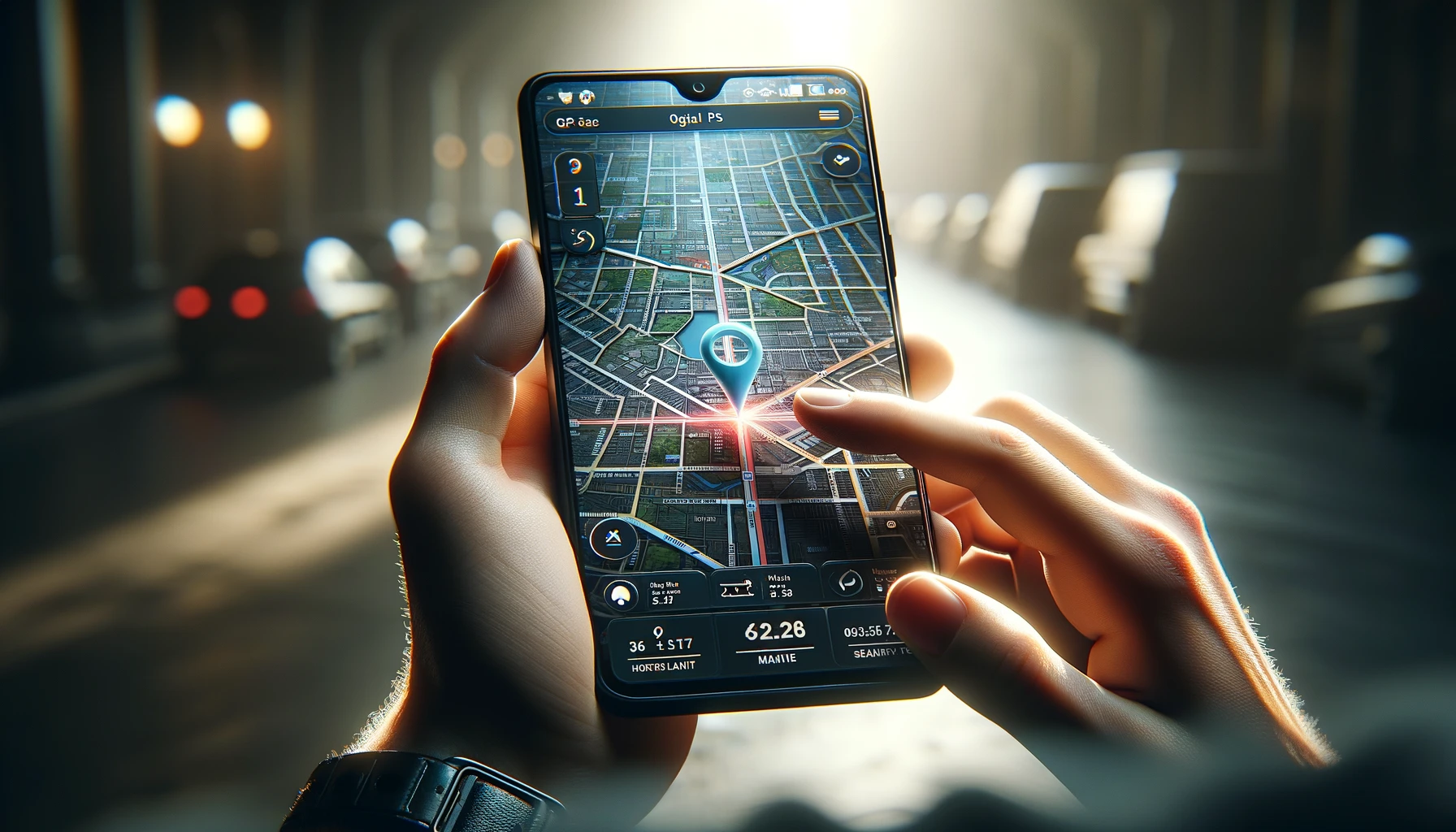How to Track a Phone for Free - The Gateway to Location-Based Gaming
Free tracking services enable developers and players to engage with these games without the need for expensive or complicated equipment. Players can simply use their smartphones for location-triggered adventures.
These services make games more immersive. They can now encourage players to discover their physical surroundings to unlock new levels, find hidden objects or encounter special game characters.
Transforming Gaming into a Real-World Adventure
Location-based games have taken the mobile gaming world by storm, with titles like Pokémon Go and Ingress setting the precedent for what's possible.
Players are interacting with a game on their screen and with the world around them. They can visit new places and even meet new people thanks to shared experiences. Players are motivated to go outside, explore their environment and even exercise more. They can do it all while enjoying the thrill of the game.

Fostering Social Connections Through Gaming
The advent of location-based games has not only revolutionized the way we play but also how we connect with others. These apps encourage players to venture outdoors and turn solitary screen time into an opportunity for social interaction.
Games like Pokémon Go are very successful in this regard. These games organize events in physical spaces, promote virtual and face-to-face interactions. Players meet at local landmarks to battle bosses, trade items, or collaborate on quests and make friends in the process. This melding of digital gaming with real-world socialization shows that they can connect and unite people across diverse backgrounds.
Optimizing Game Performance through Location Tracking
The intricacies of how to track a phone for free have direct implications for enhancing game performance. Location tracking enables games to tailor experiences to individual players based on their physical surroundings. This personalization extends beyond just displaying local landmarks in the game; it can adjust challenges, rewards, and in-game resources based on the player's location, time of day, and even weather conditions.
This level of customization ensures that the gameplay remains engaging and challenging for players. The use of geofencing technology allows for the efficient management of game resources. Thanks to this the app runs smoothly without draining the device's battery.
Real-World Impact and Exploration
One of the most compelling aspects of location-based mobile gaming is its ability to encourage exploration and discovery. Players are incentivized to visit new places, seek out specific locations, and even travel to other cities or countries to complete their virtual quests. This not only adds an adventurous element to gaming but also encourages players to become tourists in their own cities, discovering hidden gems and learning more about their local history and culture.
Moreover, the integration of educational content into these games can transform a simple outing into an informative experience, offering insights into local landmarks, historical events, or ecological facts. This blend of entertainment and education enriches the player's experience, making every game a journey of discovery.
The Future of Location-Based Gaming: Beyond the Horizon
The evolution of location-based gaming is closely tied to advancements in technology, particularly in areas like augmented reality (AR), 5G connectivity, and artificial intelligence (AI). AR technology, in particular, has the potential to take location-based games to new heights by overlaying digital content onto the real world in more sophisticated and interactive ways. This could make the gaming experience even more immersive, allowing players to interact with virtual objects and characters as if they were truly part of their physical environment.
5G technology, with its faster speeds and lower latency, promises to enhance the performance of location-based games, making them more responsive and reliable. This could enable more complex game mechanics and support larger numbers of players in real-time, fostering even more engaging community events and interactions.
AI could further personalize the gaming experience by learning from a player's behavior and preferences to tailor game content, challenges, and rewards. This level of personalization could make each player's journey through the game unique, based on their real-world interactions and choices.

Ethical Considerations and Player Privacy
As location-based gaming continues to evolve, so too does the need to address ethical considerations and ensure player privacy. The collection and use of location data raise important questions about consent, data security, and the potential for misuse. Game developers and platforms must prioritize transparent data policies, robust security measures, and options for players to control their data to foster a safe and trustworthy gaming environment.
Expanding the Boundaries of Gaming
Location-based mobile gaming has opened up new possibilities for what games can be and do. By encouraging physical activity, fostering real-world social connections, and offering personalized, immersive experiences, these games are expanding the boundaries of gaming. They transform everyday environments into stages for adventure, exploration, and community building, proving that games are not just a form of entertainment but a medium for experiencing the world in new and exciting ways.
As we look to the future, the possibilities for location-based gaming are as vast as the real world itself. From games that bring history to life in the streets of ancient cities to global scavenger hunts that span continents, the potential for innovation is limitless. What remains constant, however, is the promise of location-based gaming to bring us together, inspire our curiosity, and enrich our lives with experiences that transcend the screen.




